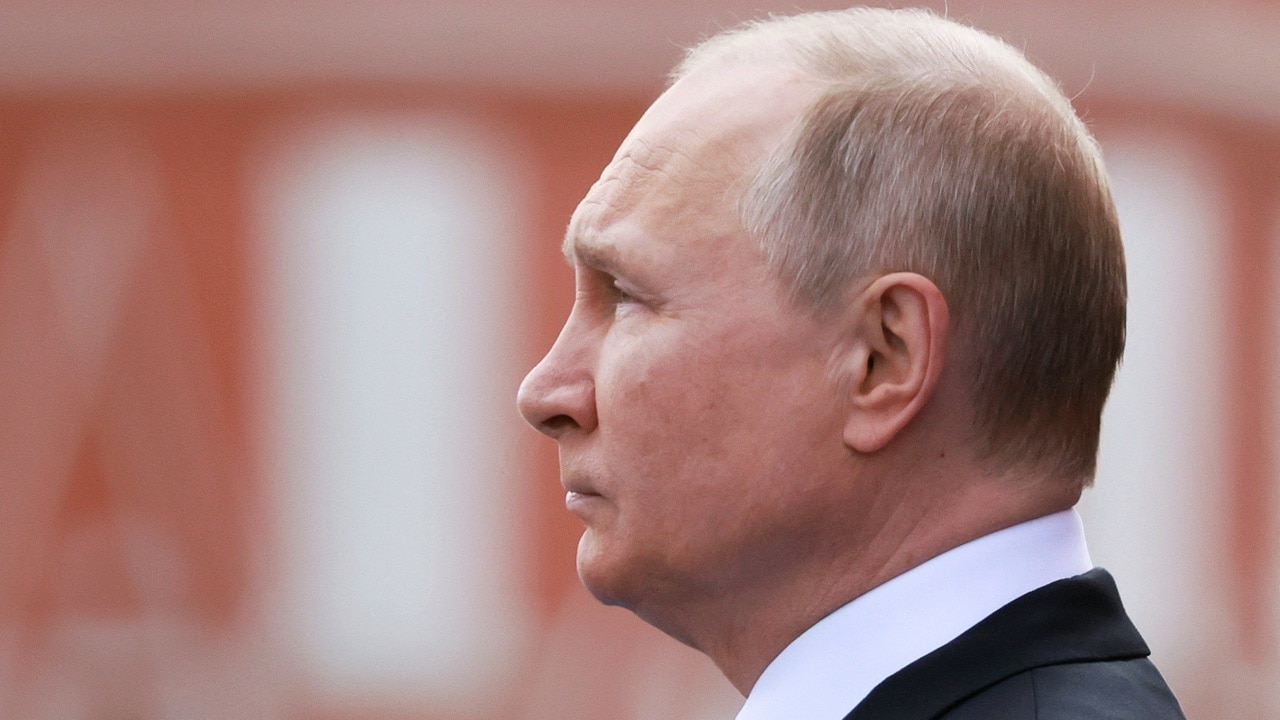It looks like the Russians have finally outdone themselves and reached the pinnacle of savagery.
A just-released video shows a Russian soldier decapitating a living Ukrainian soldier and then showing off his bloodied head.
As of now, 19FortyFive cannot confirm the authenticity of the video. However, based on Russian actions and war crimes, it follows a clear pattern of horror originating from Moscow.
We will not be embedding or linking to the video for apparent reasons.
Significantly, Russian human rights activist Vladimir Osechkin believes the video is genuine. According to him, “We contacted Andrei Medvedev, the former commander of the first squad of the 4th platoon of the 7th assault squad of the Wagner private military company, who is currently in a deportation prison in Sweden. In Sweden, the detainees have access to mobile phones and computers. We sent him this video. He watched it several times. And he definitely recognizes his colleagues, Wagner’s PMC fighters, by their distinctive aliases, the way they speak, what they say on the radio, and other things.”
Such breathtaking savagery isn’t anything new for the Russian armed forces. Osechkin notes that “there is a video on the Internet of Wagner’s men killing a prisoner with a sledgehammer in Syria, as well as a video of them dismembering a body.”
Back in early March 2023, another video showed Russians executing an unarmed Ukrainian POW.
Nor is the savagery surprising. After all, Russia is pursuing a “final solution” of its troublesome Ukrainian problem by committing genocide. Russian soldiers have engaged in mass rapes and executions of Ukrainian civilians, especially in such places as Bucha and Irpin. And they’ve maintained numerous torture chambers throughout Ukraine. With this kind of record, a decapitation looks like nothing special, just business as usual.
And yet the decapitation is significant. It should remind the West’s pro-Russian policymakers and analysts that Vladimir Putin’s Russia is no simple authoritarian state pursuing its geopolitical interests.
No, Russia is a criminal state that, like Nazi Germany, will stop killing only if forced to stop. Negotiating with Putin about Ukraine is as helpful as negotiating with Hitler about Auschwitz.
It should go without saying that such a Russia can’t possibly qualify for a strategic partnership with the West.
Russia’s routinization of savagery also tells us something important about the condition of Russia’s armed forces. Winners have no need to behave like Nazis. Losers, unlike those who know they cannot win, quickly adopt Adolf Hitler’s techniques. Savagery is all they have left.
Author Biography and Expertise:
A 19FortyFive Contributing Editor, Dr. Alexander Motyl is a professor of political science at Rutgers-Newark. A specialist on Ukraine, Russia, and the USSR, and on nationalism, revolutions, empires, and theory, he is the author of 10 books of nonfiction, including Pidsumky imperii (2009); Puti imperii (2004); Imperial Ends: The Decay, Collapse, and Revival of Empires (2001); Revolutions, Nations, Empires: Conceptual Limits and Theoretical Possibilities (1999); Dilemmas of Independence: Ukraine after Totalitarianism (1993); and The Turn to the Right: The Ideological Origins and Development of Ukrainian Nationalism, 1919–1929 (1980); the editor of 15 volumes, including The Encyclopedia of Nationalism (2000) and The Holodomor Reader (2012); and a contributor of dozens of articles to academic and policy journals, newspaper op-ed pages, and magazines. He also has a weekly blog, “Ukraine’s Orange Blues.”

